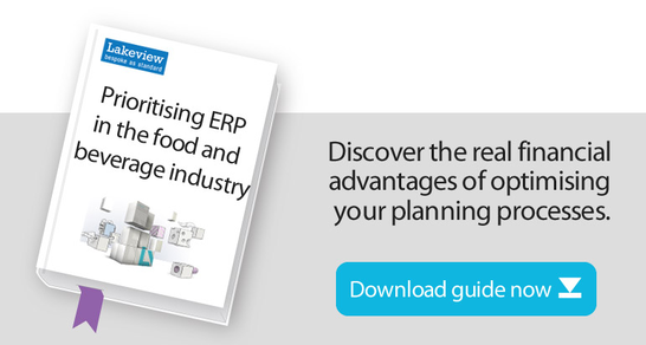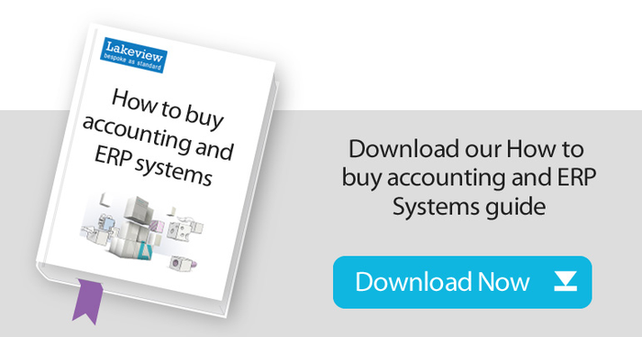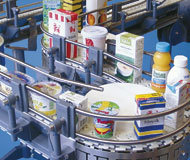Wiltshire-based Doves Farm Foods is a specialist supplier of organic, fair trade and gluten-free flour and foods to both the retail and wholesale markets. For more than 20 years the company had relied on a basic book-keeping package, which had proved increasingly inadequate in meeting the needs of a successful, growing business.
Since installing a Lakeview system in 2004, Doves Farm Foods has doubled its turnover, without the need to increase its finance team. At the same time, the Lakeview solution’s manufacturing functionality has enabled the company to fully comply with the latest EU food regulations.
Challenge
“We recognised the need for a modern, integrated management information system which combined a comprehensive accounting package with full stock traceability,” says director of finance, Malcolm Squires. “At the same time, it needed to be able to scale with the growth aspirations of the business.”
Having looked at several options – and visited two existing Lakeview food industry customers – Doves Farm Foods found that Lakeview was the only provider who could satisfactorily meet both requirements.
“As a supplier of food ingredients and finished products, full stock traceability – from receipt of each ingredient, through batch manufacture to final distribution to the end-customer – was especially important,” he confirms.
Solution
The decision to go with Lakeview in mid-2004 proved especially timely as, within six months of installation, full traceability became obligatory under new EU legislation.
With implementation taking place at the end of the company’s financial year, Doves Farm Foods switched over to Lakeview without parallel running with the existing system.
“However, we did some testing off-line as the annual accounts were being completed and the Lakeview system proved flawless in delivering accurate financial results.”
Other departments have also benefited from Lakeview’s expanded reporting functionality. The ability to analyse sales and profitability by individual customer, product and product group has improved marketing and sales planning and pricing strategies. And, with the ability to access and manipulate data over any specified period, this has automated the process of analysing and reporting government returns on a calendar year basis, saving time and improving accuracy.
Results
In meeting the very specific accounting requirements of the food supply industry, Lakeview’s flexible pricing approach has delivered three further important benefits.
First, Doves Farm Foods’ previous accounting system required discounts to be set up on the system on a product-by-product basis: with Lakeview, by contrast, common discounts can be input by product group. “This was less problematic for large retailers carrying a restricted range,” says Squires, “but Lakeview saves us considerable inputting time in the case of those wholesale customers who take 100 or more of our products.”
Similarly, before implementing Lakeview, agreed pricing could only be set up as ‘list price less discount’, which had become increasingly cumbersome as Dove Farm Foods had moved to a system of net pricing with three quarters of its customers. Lakeview’s ability to price in both formats not only saves time but always presents accounting information in a customer-friendly format.
And, with a support team providing ‘prompt and highly responsive service’, Squires believes that, “Lakeview provides us with a flexible and scalable accounting and manufacturing support tool ideally geared to the needs of our business.”
Visit: Doves Farm Foods
Author: Angela Kennedy, Marketing, Lakeview Computers Ltd
The post Doves Farm Foods recognised a need for a modern, integrated management information system which combined a comprehensive accounting package with full stock traceability .. appeared first on Lakeview Blog | ERP providers to UK businesses.





















































